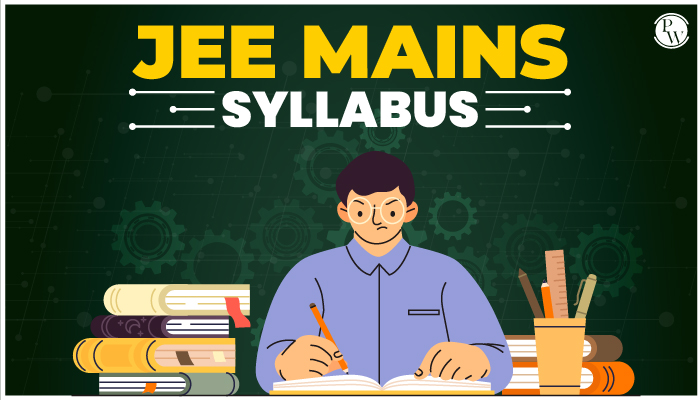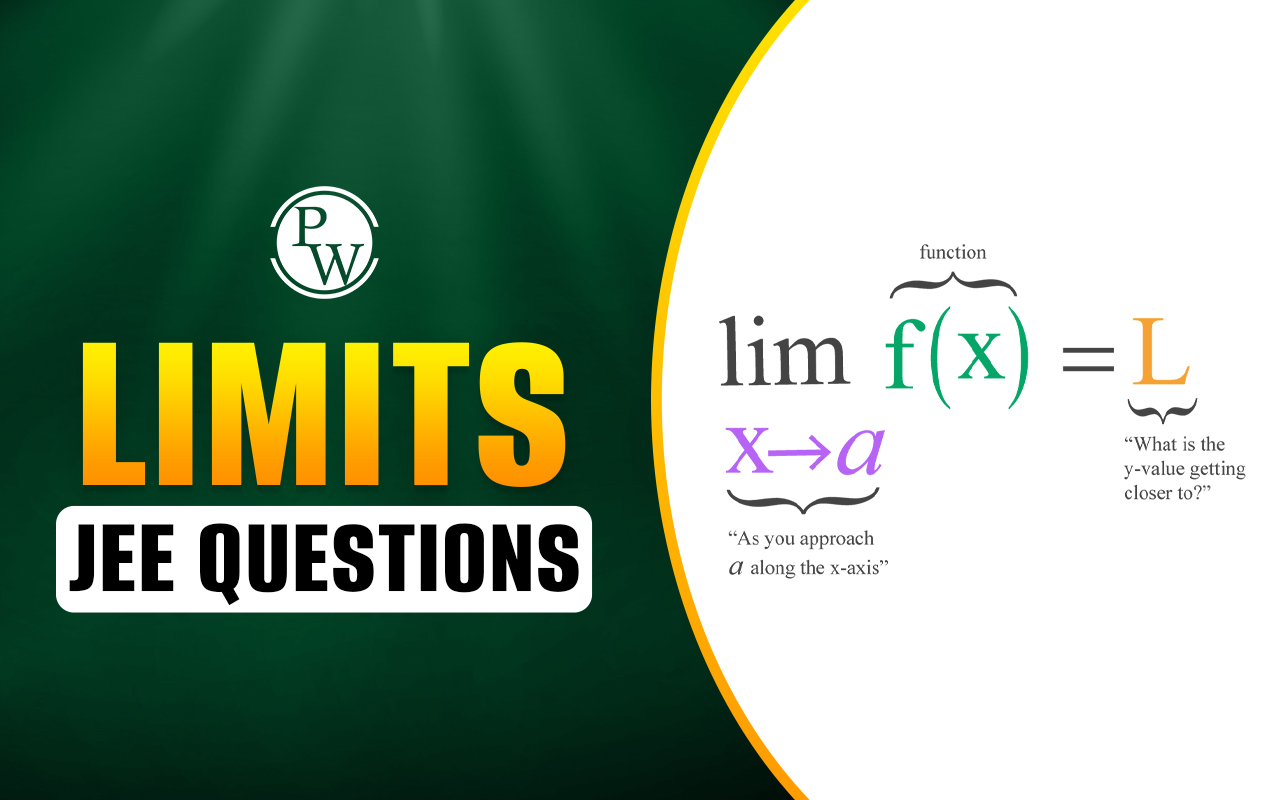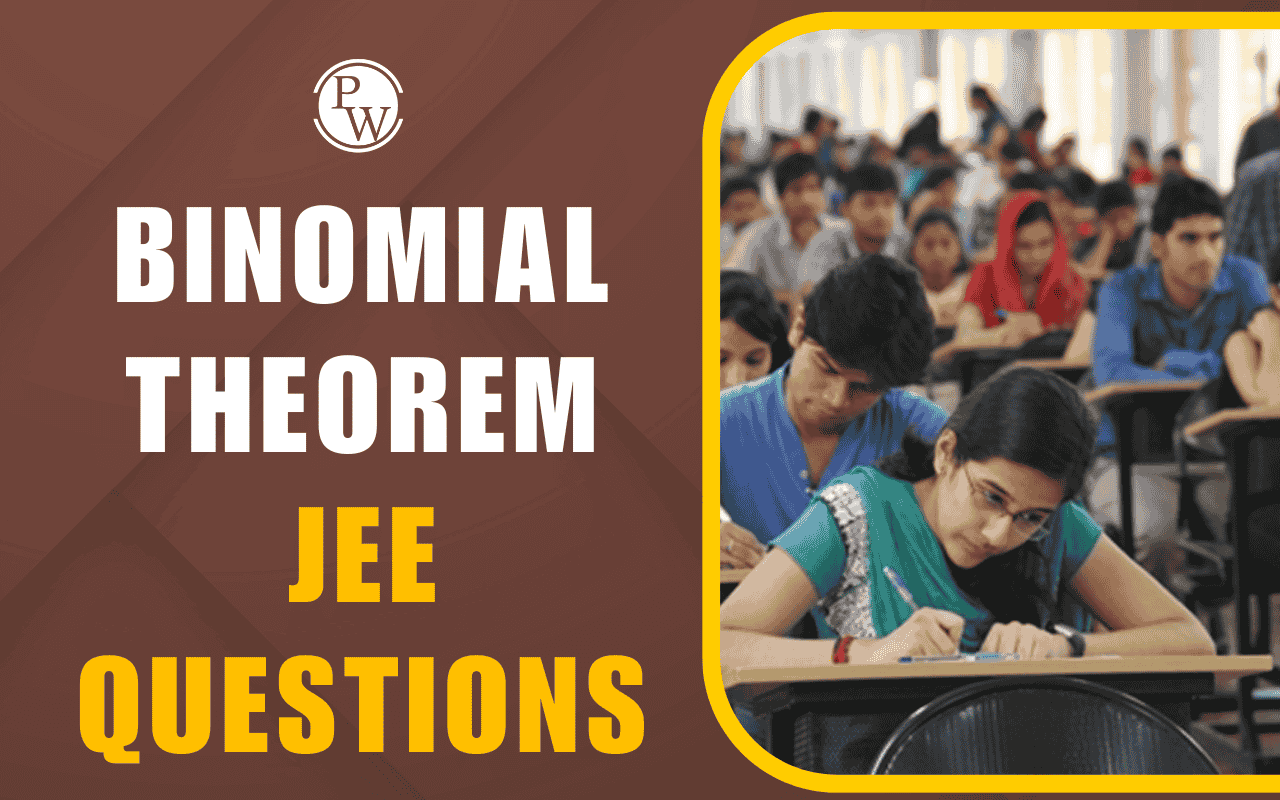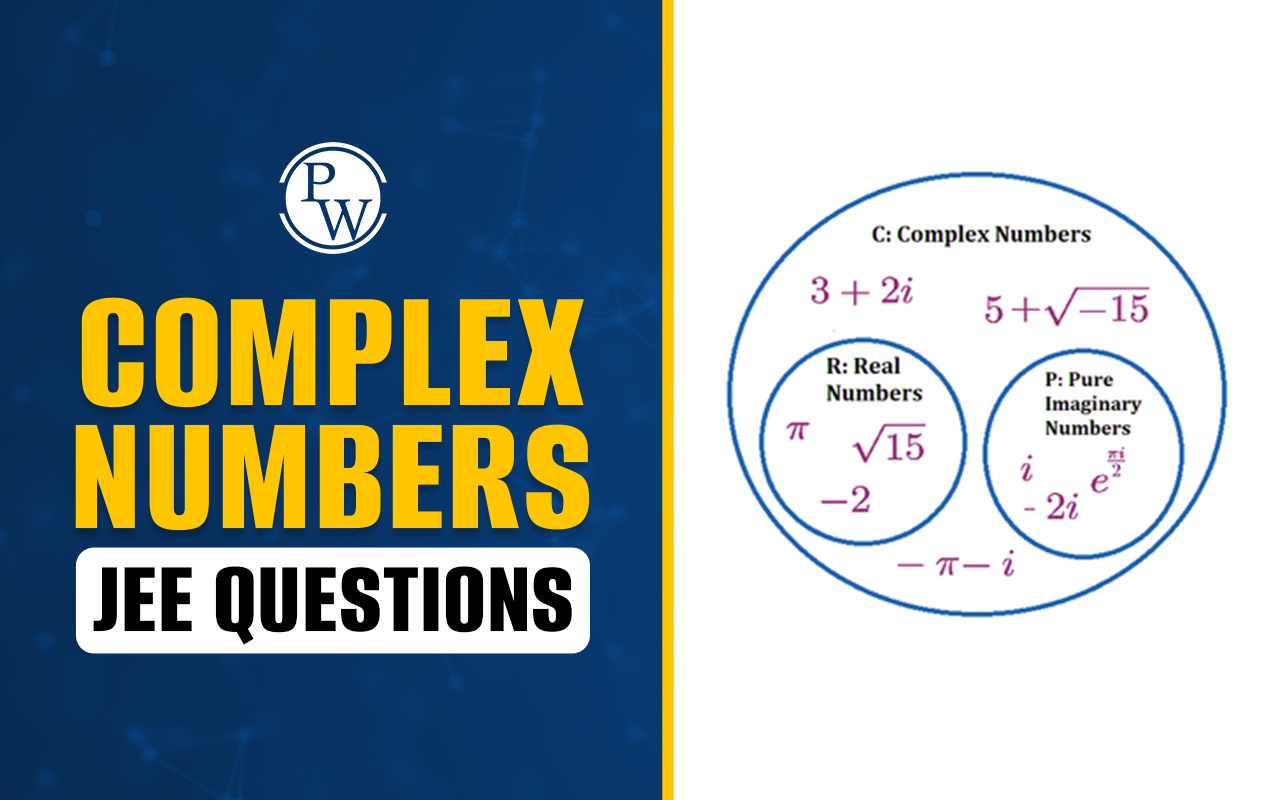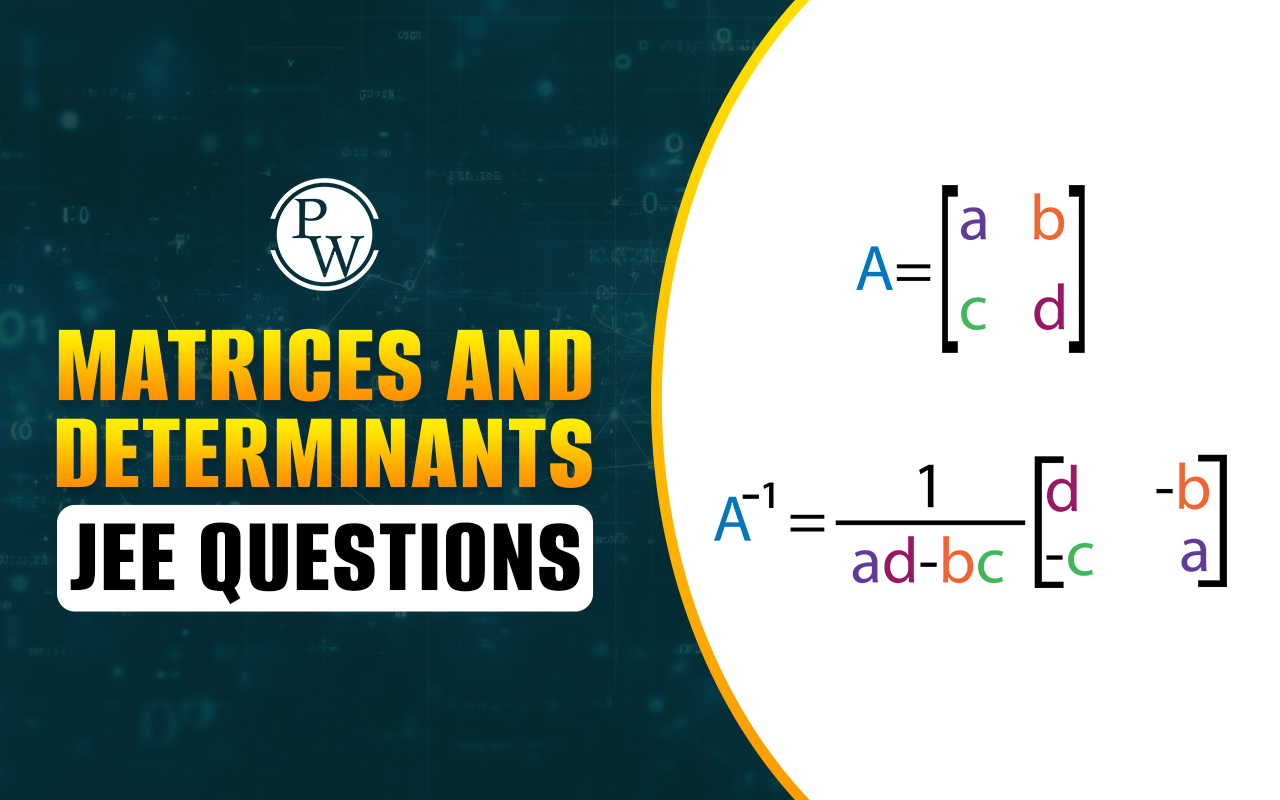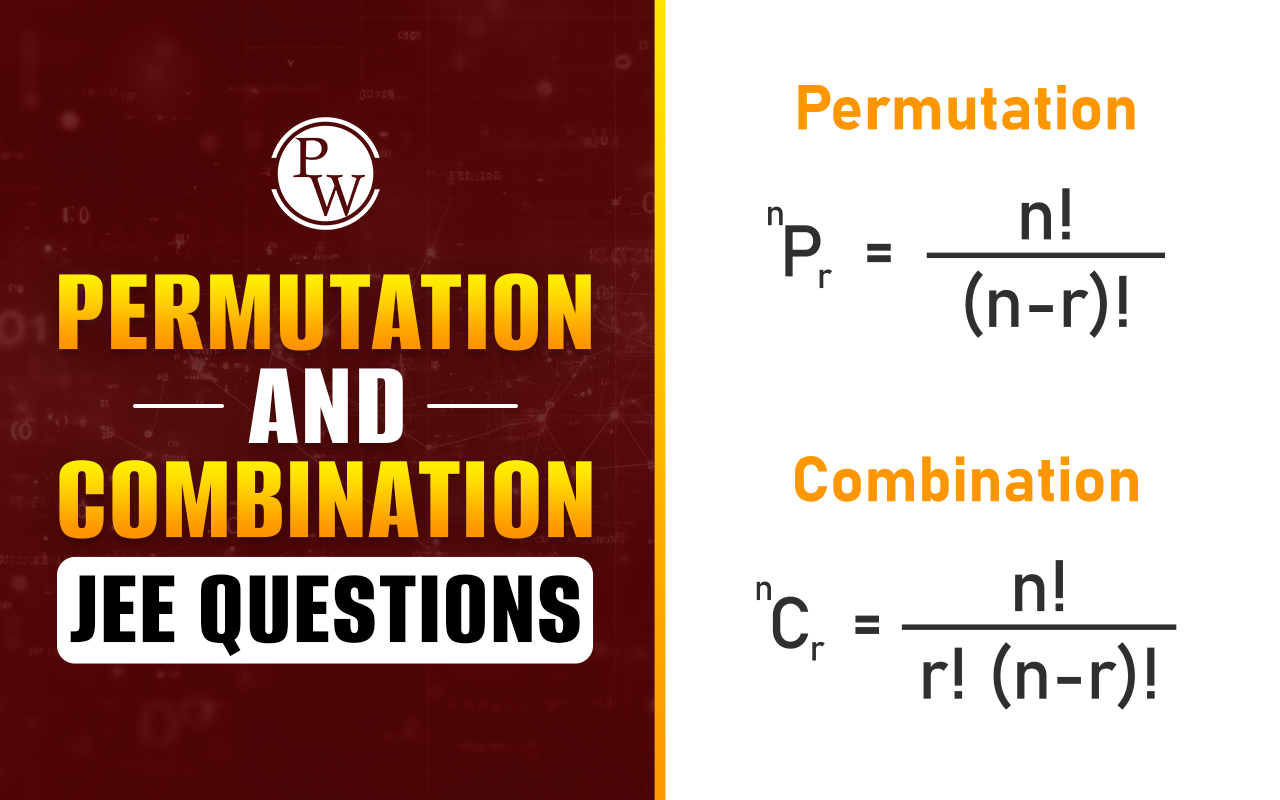
6 Months Study Plan for JEE Mains 2026: With just six months remaining for JEE Mains 2026, the question often arises whether this is enough time to crack one of the most competitive engineering entrance exams in the nation. It's all about how devoted, strategic, and efficient a candidate is with their time. The following is a detailed 6 months study plan for JEE Mains 2026, providing a well-planned route through which students can attempt to cover the syllabus, reinforce concepts, and land a top score.
Is 6 Months Enough to Crack JEE Mains 2026?
Yes, 6 months can be sufficient to crack JEE Mains 2026 provided aspirants have a well-planned schedule with regularity and discipline. There have been numerous students who have been able to achieve high ranks in JEE Mains by spending the last six months solely on preparation. This period of time can prove to be extremely beneficial for those considering how to crack JEE in 6 months without coaching provided they have regularity, mock tests, and concept-based learning. One needs to grasp the pattern of the exam, study past year papers, and focus on major topics. A strategic way with constant revision and mock tests can be very effective in a short span of time.
Daily and Weekly Timetable for the 6-Month JEE Preparation
A 6 months study Timetable for JEE Mains in a structured and balanced manner is a prerequisite to crack the examination. The below schedule is designed for serious candidates to achieve maximum productivity by working 10–12 hours a day. This schedule incorporates all three subjects—Physics, Chemistry, and Mathematics—along with revisions, mock tests, and relaxation periods.
|
Daily Timetable for 6-Month JEE Main Preparation |
||
|
Time Slot |
Subject & Activity |
Focus Area |
|
6:30 AM - 7:30 AM |
Mathematics – NCERT/Concept Revision |
Revisit key formulas, basic concepts, and solved examples |
|
7:30 AM - 9:00 AM |
Physics – Concept Learning |
Understand core theories, derivations, and application-based topics |
|
9:00 AM - 9:30 AM |
Break |
Light breakfast and short rest |
|
9:30 AM - 11:00 AM |
Chemistry – Organic/Physical Theory |
Focus on reaction mechanisms and physical formulas |
|
11:00 AM - 12:30 PM |
Mathematics – Practice |
Solve PYQs and topic-wise questions |
|
12:30 PM - 1:30 PM |
Lunch & Rest |
Refresh and relax |
|
1:30 PM - 3:00 PM |
Physics – Numericals & PYQs |
Solve standard problems and revise mistake areas |
|
3:00 PM - 4:30 PM |
Chemistry – Inorganic Revision |
Focus on NCERT trends, exceptions, and periodic table facts |
|
4:30 PM - 5:00 PM |
Break |
Light snack and stretching |
|
5:00 PM - 6:30 PM |
Full-Length Mixed Test / Chapter Test |
Mixed practice for real-time test feel |
|
6:30 PM - 8:00 PM |
Doubt Solving + Error Log Review |
Analyze errors from tests and clarify concepts |
|
8:00 PM - 8:30 PM |
Dinner & Relaxation |
Mental break |
|
8:30 PM - 10:00 PM |
Revision of Weak Areas / Flashcards |
Quick notes, tricky formulas, and daily summary review |
|
10:00 PM - 10:30 PM |
Light Reading / Meditation |
Calm the mind before sleep |
Weekly Timetable Focus (Subject-Wise)
The Weekly Timetable Focus (Subject-Wise) helps students allocate dedicated time to each subject, ensuring balanced and effective preparation throughout the week.
|
Weekly Timetable Focus (Subject-Wise) |
|||
|
Day |
Morning Focus |
Afternoon Focus |
Evening Focus |
|
Monday |
Physics - Theory |
Maths - Problem Solving |
Chemistry - Inorganic PYQs |
|
Tuesday |
Chemistry - Organic |
Physics - Numericals |
Maths - Formula Revision |
|
Wednesday |
Maths - Calculus |
Chemistry - Physical |
Mixed Subject Mock Test |
|
Thursday |
Physics - Modern/Optics |
Maths - Algebra |
Organic Chemistry Practice |
|
Friday |
Chemistry - Inorganic |
Physics - Thermodynamics |
Maths - Coordinate Geometry |
|
Saturday |
Full Syllabus Test |
Error Log Review |
Doubt Solving Session |
|
Sunday |
Weekly Revision (All) |
NCERT Re-reading |
Light Test & Relaxation |
Subject-Wise Strategy to Prepare for JEE Mains 2026 in 6 Months
An efficient JEE Mains 2026 6 months preparation strategy includes tailored plans for each subject. Below is a breakdown of subject-wise strategy to prepare for JEE Mains 2026 in 6 months:
JEE Mains 2026 Physics Study Plan
Physics requires both conceptual understanding and strong numerical-solving skills. This plan focuses on grasping concepts, practicing problems, and regular revision through mock tests.
-
Begin with NCERT to strengthen basic concepts. For deeper understanding, refer to HC Verma, DC Pandey, or Cengage.
-
Cover Mechanics in the first month – kinematics, laws of motion, work, power, energy, and rotational motion.
-
Move to Thermodynamics, Oscillations, and Waves – focus on understanding formulas and solving derivation-based problems.
-
In the third and fourth months, cover Electrostatics, Current Electricity, Magnetism, and EMI with regular problem practice.
-
Focus on Optics and Modern Physics in the fifth month. Understand ray diagrams and practice assertion-reason type questions.
-
In the final month, revise all formulas and derivations using a short notes booklet.
-
Solve previous years’ JEE Main questions, take topic-wise tests, and full-length mock tests regularly.
-
Practice 40–60 MCQs daily and track your progress through mistake analysis.
JEE Mains 2026 Chemistry Study Plan
Chemistry is divided into Physical, Organic, and Inorganic sections. Each requires a different strategy – from numerical solving to memorization and understanding reaction mechanisms.
-
Start with NCERT – it’s crucial for all three sections. Use OP Tandon, MS Chauhan, or N Awasthi for extra practice.
-
For Physical Chemistry, focus on formulas and practice numericals from chapters like mole concept, thermodynamics, equilibrium, and electrochemistry.
-
In Organic Chemistry, learn reaction mechanisms, name reactions, and intermediates. Make reaction flowcharts for better recall.
-
In Inorganic Chemistry, memorize periodic trends, chemical bonding, coordination compounds, and s-block/p-block using NCERT and flashcards.
-
Solve previous years’ questions, especially for scoring topics like GOC, Hydrocarbons, and Redox.
-
Practice 50–70 MCQs daily across all branches of Chemistry.
-
Revise using mind maps, short notes, and take weekly mock tests for retention.
This approach supports those wondering how to revise JEE syllabus in 6 months effectively.
JEE Mains 2026 Mathematics Study Plan
Mathematics requires consistent problem-solving and conceptual clarity. This plan focuses on mastering fundamentals, increasing speed, and building accuracy.
-
Cover Class 11 topics first like Sets, Relations, Functions, Trigonometry, Quadratic Equations, and Coordinate Geometry.
-
Gradually move to Class 12 topics like Calculus, Matrices, Determinants, Probability, and Vectors in the next 2–3 months.
-
Use NCERT, RD Sharma, or Arihant series. For advanced level, refer to Cengage or SK Goyal.
-
Make a formula book for quick revision and keep revisiting it weekly.
-
Solve previous years’ questions, focusing on topics like Definite Integration, Complex Numbers, and 3D Geometry.
-
Practice 80–100 questions daily, targeting weak areas first.
-
Take weekly mock tests, analyze mistakes, and revise concepts accordingly.
Use this approach to tackle how many hours to study for JEE Mains in 6 months—generally aiming for 10–12 hours daily with varied intensity.
Important Topics to Focus on in the Last 6 Months in JEE 2026 Exam
A smart study plan includes knowing important chapters for JEE Main 2026 last 6 months. Below is a month-wise subject and topic distribution with relevant tasks:
|
Important Topics to Focus on in the Last 6 Months in JEE 2026 Exam |
||||
|
Month |
Physics |
Chemistry |
Mathematics |
Tasks & Tests |
|
October 2025 |
Current Electricity, Capacitors, Modern Physics |
Chemical Bonding, Coordination Compounds, Organic Nomenclature |
Quadratic Equations, Sequence & Series, Limits |
Weekly Topic Tests + NCERT Formula Notes |
|
November 2025 |
Magnetism, EMI, Alternating Current |
Electrochemistry, Thermodynamics (Physical), Hydrocarbons |
Calculus (Differentiation), Matrices & Determinants |
Full Syllabus Weekly Revision + PYQ Solving |
|
December 2025 |
Ray Optics, Wave Optics, Semiconductors |
Aldehydes & Ketones, Amines, Surface Chemistry |
Definite Integration, Probability, Complex Numbers |
1 Full-Length Mock Test Per Week + Error Analysis |
|
January 2026 |
Work Power Energy, Rotation, Centre of Mass |
Redox Reactions, Chemical Equilibrium, Polymers |
Application of Derivatives, Binomial Theorem, Vector Algebra |
2 Mock Tests Weekly + Focus on Weak Topics |
|
February 2026 |
Kinematics, Laws of Motion, SHM |
p-block, s-block, Biomolecules, Chemistry in Everyday Life |
3D Geometry, Inverse Trigonometry, Statistics |
Alternate-Day Full Tests + Formula Recap |
|
March 2026 |
Complete Revision of High Weightage Topics |
Complete Organic + Inorganic Flash Revision |
Revision of All Key Formulas, Shortcuts, and Problem Types |
Daily Mock Tests (JEE Pattern) + Fast Revision Rounds |
Note: During the last 6 months, it’s crucial to combine focused topic-wise revision with frequent mock testing. One of the most effective last 6 months JEE Main preparation tips is to prioritize quality over
6 Months Study Plan for JEE Mains 2026 FAQs
Is 6 months sufficient to crack JEE Mains 2026?
How to crack JEE in 6 months without coaching?
How many hours of study every day should one do for JEE Mains in the last 6 months?
What is the optimal subject-wise approach to prepare JEE Mains 2026 in 6 months?
Which are the most critical topics to revisit in the last 6 months of JEE Mains 2026?








